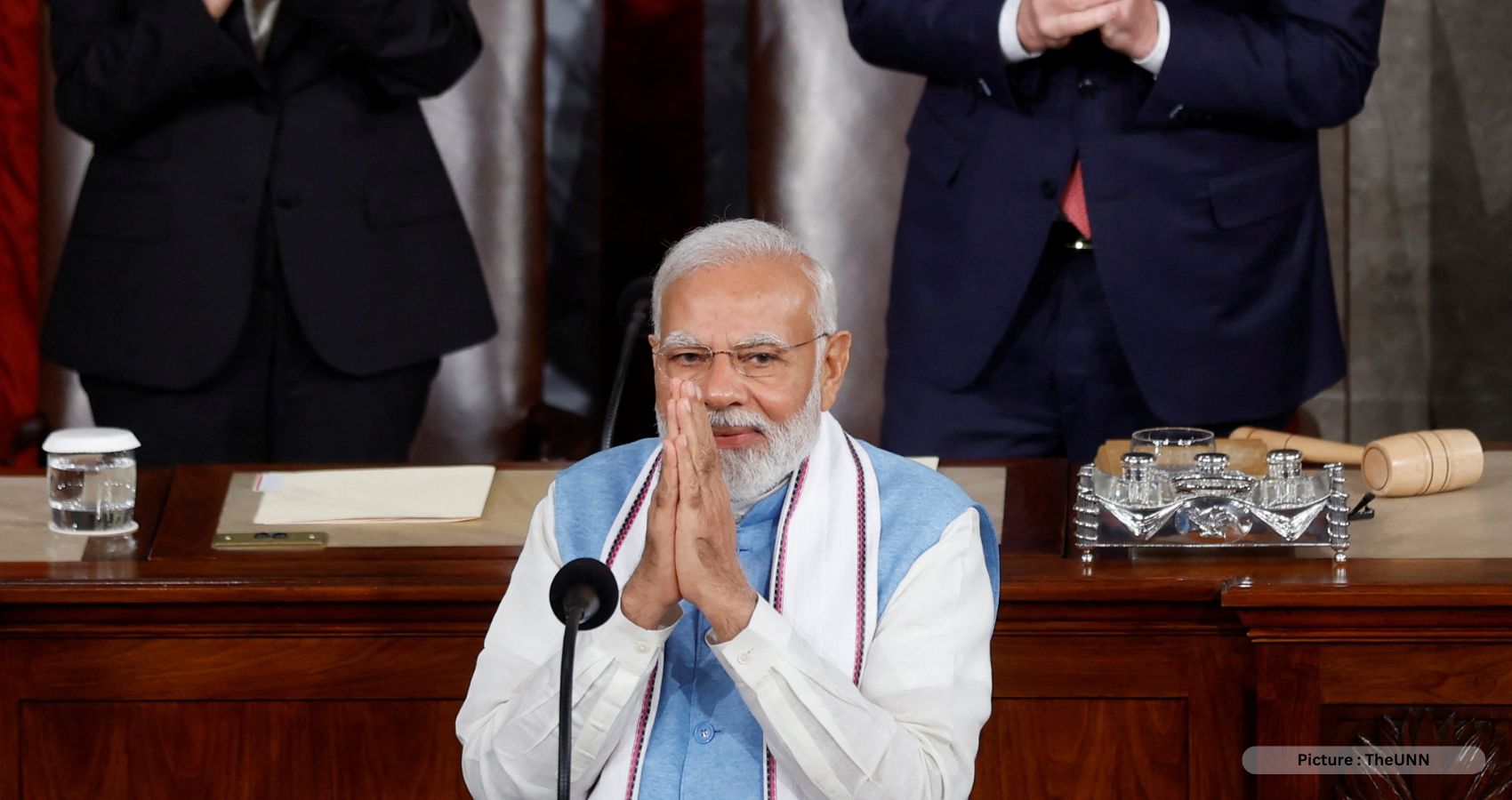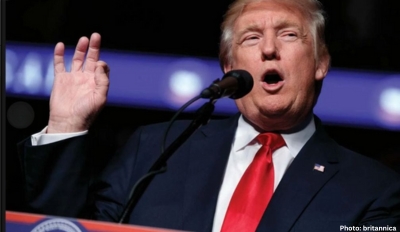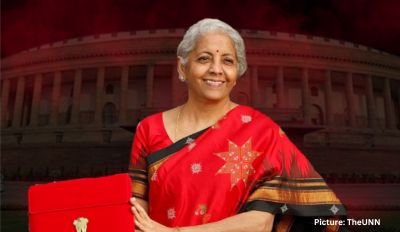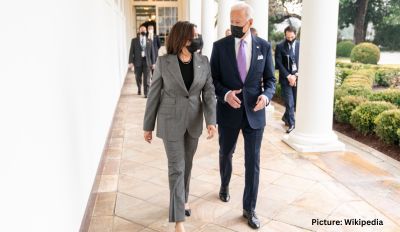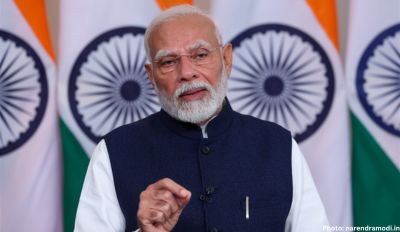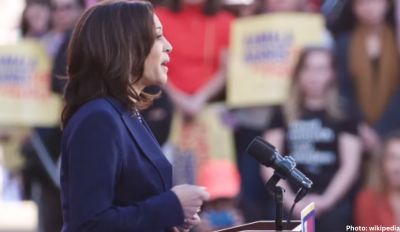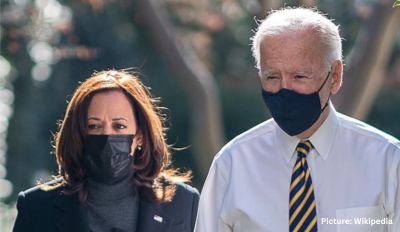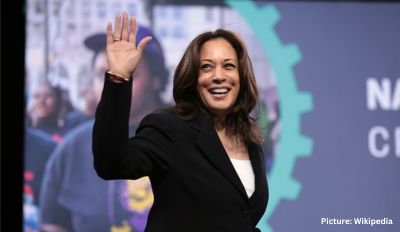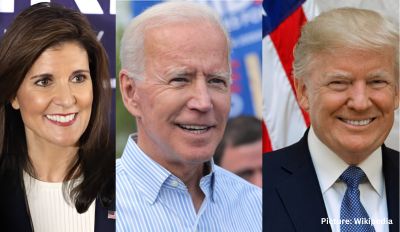The recent visit of Indian Prime Minister Narendra Modi to Washington has ushered in a new era in the relationship between the United States and India. During his visit, Modi successfully advanced a seemingly strong bond between the world’s oldest and the world’s largest democracies, emphasizing cooperation on various fronts such as investment and trade. However, despite the fruitful discussions, Modi stopped short of explicitly endorsing a formal alliance or taking a stance on pressing global issues like the conflict between Ukraine and Russia or the longstanding border disputes between India and China.
This outcome is likely to result in a complex and ambivalent relationship, characterized by ongoing discussions and negotiations on trade, investment, and diplomatic and military priorities. While there may be occasional challenges and disagreements, Modi’s visit to Washington was undoubtedly a highlight that sets the tone for the near future. President Biden encapsulated the positive atmosphere during a state dinner at the White House, raising a toast to “Two great nations, two great friends, and two great powers.” In response, Modi lauded the India-America relationship, stating, “You are soft-spoken, but when it comes to action, you are very strong.”
Despite the cordial exchanges, Modi carefully maintained India’s historic position of neutrality in the power dynamics of Asia. While highlighting the close ties between India and the United States across various domains, he tactfully indicated that India would not abandon its reliance on Russia for defense equipment, including fighter planes. In his address to a joint session of Congress, Modi emphasized, “Today India and the U.S. are working together in space and the seas, in science and semiconductors,” underscoring the vast potential for cooperation. Throughout his three-day visit, tangible agreements were reached between Indians and Americans, spanning areas such as jet engines and supply chains.
President Biden, mindful of India’s relationship with Russia, focused on the overall potential of the India-American partnership, emphasizing their collective efforts in unlocking a shared future. Following their one-on-one conversation at the White House, Biden expressed optimism, stating, “Together we’re unlocking the shared future.” Both leaders, while celebrating the progress made, carefully navigated the complexities of global alliances and India’s strategic considerations, signaling that the path ahead for US-India relations will continue to be nuanced and multifaceted.
Biden emphasized the growing defense partnership and economic ties between India and America, stating, “We are growing our defense partnership with more exercises, and trade between our countries has doubled over the past decade.” Additionally, Indian firms were announced to be making significant investments totaling over $2 billion.
Addressing the sensitive issue of human rights, both Biden and Modi approached it with subtlety, taking into account the criticisms raised against Modi’s past. Biden acknowledged the value of universal human rights, highlighting that Indian-Americans of various faiths and backgrounds were pursuing the American dream.
Modi, while discussing the importance of negotiations and diplomacy for peace, aimed to reassure skeptics about India’s commitment to democracy and equal treatment of its citizens, irrespective of religious, cultural, or linguistic differences. He firmly stated, “Democracy is in our DNA, democracy is in our spirit, democracy runs in our veins. Democracy can deliver. There is no space for discrimination.”
Despite accusations of intimidation, political repression, and censorship of opposition parties and journalists during Modi’s tenure, he passionately defended Indian democracy in his speech to Congress. However, several members, including Rep. Rashida Tlaib, boycotted his speech, criticizing Modi’s human rights record.
Modi, while emphasizing the shared values between India and the United States, described India as the “mother of democracy” and highlighted the country’s diversity. He focused on projecting himself as a unifying figure leading India towards a peaceful path in a turbulent world, calling for dialogue and diplomacy to prevent bloodshed and suffering.
Notably absent from Modi’s remarks were explicit mentions of India’s caste differences, poverty, economic disparities, or the ongoing border clashes with China in the Himalayas. While he acknowledged “dark clouds of confrontation” hanging over the Indo-Pacific, he emphasized the importance of a free and open Indo-Pacific, free from strategic leveraging of power and the need to combat terrorism.
Modi’s speeches aimed to present a unified vision based on the bond between India and America as imperfect democracies, evoking emotional responses and applause in Congress and the White House. He expressed optimism, stating, “We come from different histories, but we are united by a common vision. Democracy will shine brighter, and the world will be a better place.”
Biden emphasized the strengthening defense partnership and economic ties, saying, “We are growing our defense partnership with more exercises, and trade between our countries has doubled over the past decade.”
Modi defended Indian democracy, stating, “Democracy is in our DNA, democracy is in our spirit, democracy runs in our veins. Democracy can deliver. There is no space for discrimination.”
Modi highlighted the shared values between India and the United States, declaring, “We come from different histories, but we are united by a common vision. Democracy will shine brighter, and the world will be a better place.”

